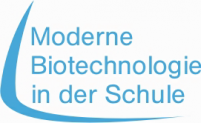In October 2023, the German Johanna Wittum students visited their exchange school, the Modern College of Arts, Science and Commerce in India, for the first time and received a festive welcome from the Indian school, which had prepared a traditional Indian reception for the German students. The students were sprinkled with rice and flowers and decorated with a red dot. The Indian students wore traditional costumes representing the different Indian states and presented various Indian cultural dances, sights and stories.
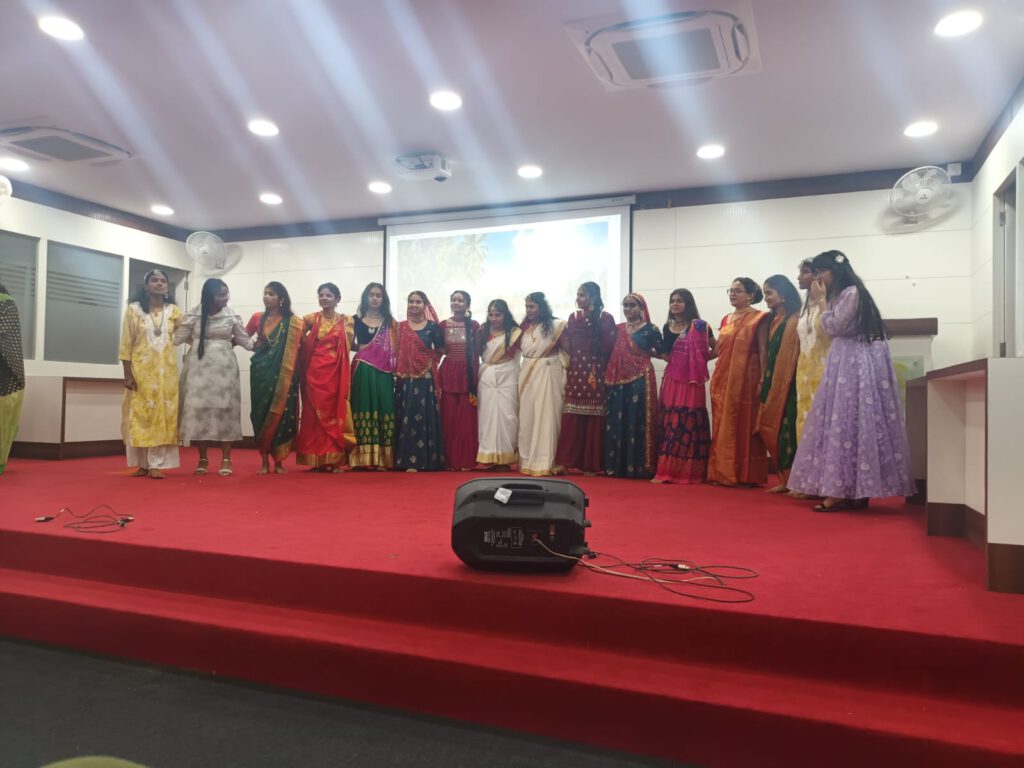
The stay was planned with a programme prepared by the Indian school, which included many cultural aspects, such as a tour of the beautiful city of Pune led by the Indian students and visits to various sights, such as the Aga Khan Palace, where we learned a lot about Mahatma Ghandi, the Shaniwarwada Fort and a visit to the Bhandarkar Oriental Research Institute for Calligraphy, Writing, Language and History.
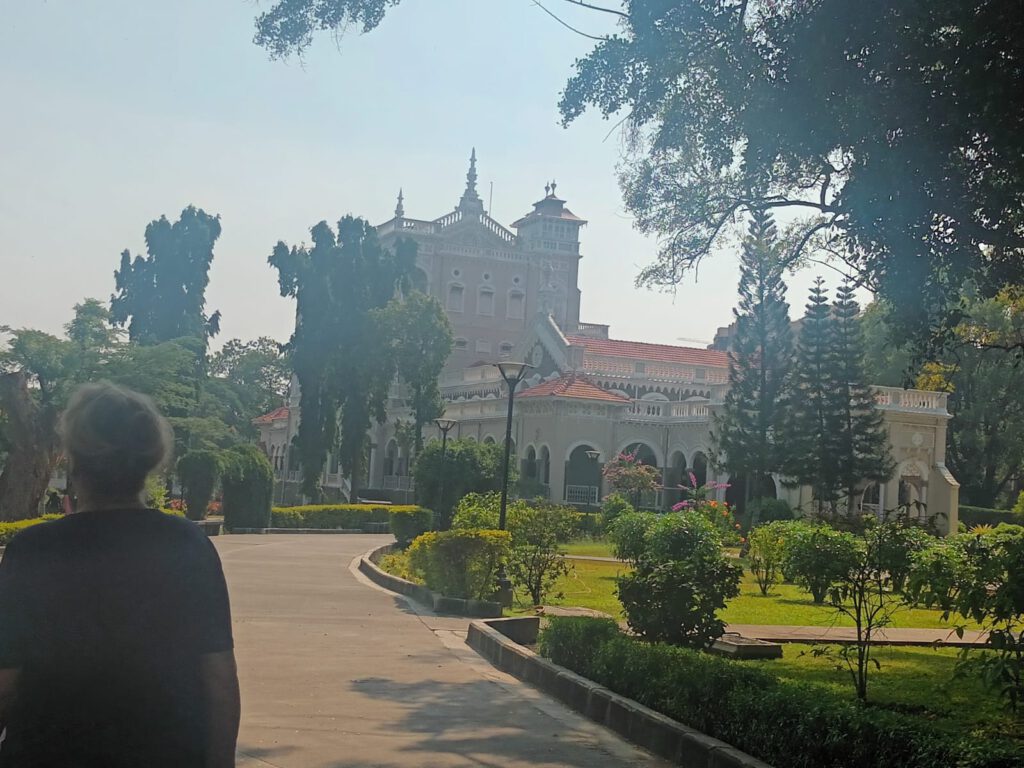
In addition to the cultural part of the programme, there was also a scientific part in which we were given insights into Indian laboratories, such as guided tours and demonstrations in institutions like NCCS, Green Array – Genomic Research & Solutions of Accurate Diagnostic Private Limited, Pune, IISER – Indian Institution of Science Education and Research.
The scientific programme concluded with a visit to the IUCAA – Inter-University Centre for Astronomy and Astrophysics with a guided tour of the institute and subsequent observation of the starry sky.
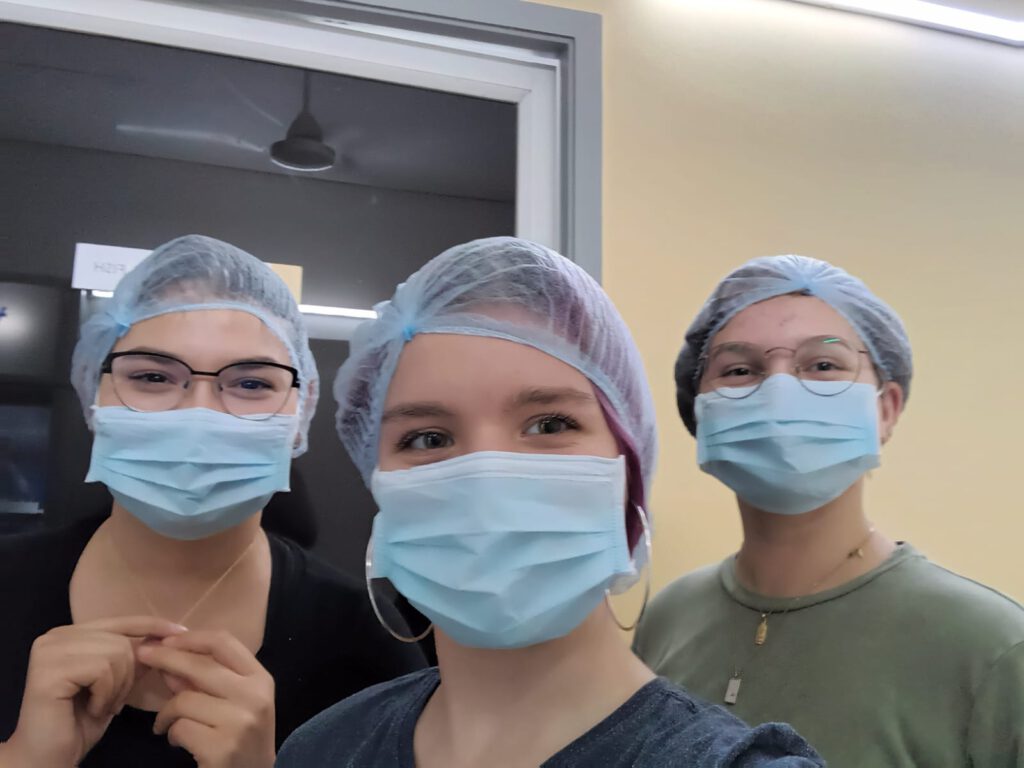
In addition to the programme, we were given an insight into everyday school life in India and accompanied students and teachers from the Biotechnology and German departments.
The biotechnology teachers guided the students through the laboratories, where the students were able to observe the different working methods in both countries.
Following the tour, we German guests were given an exciting introduction to the topic of callus culture in a sterile laboratory, where both the significance and the implementation of such an experiment were discussed.
Various student experiments and microscopic specimens were shown to illustrate this.
Following the explanations and demonstrations, the pupils had the opportunity to actively experiment on a clean bench themselves under the guidance of the Indian teacher.
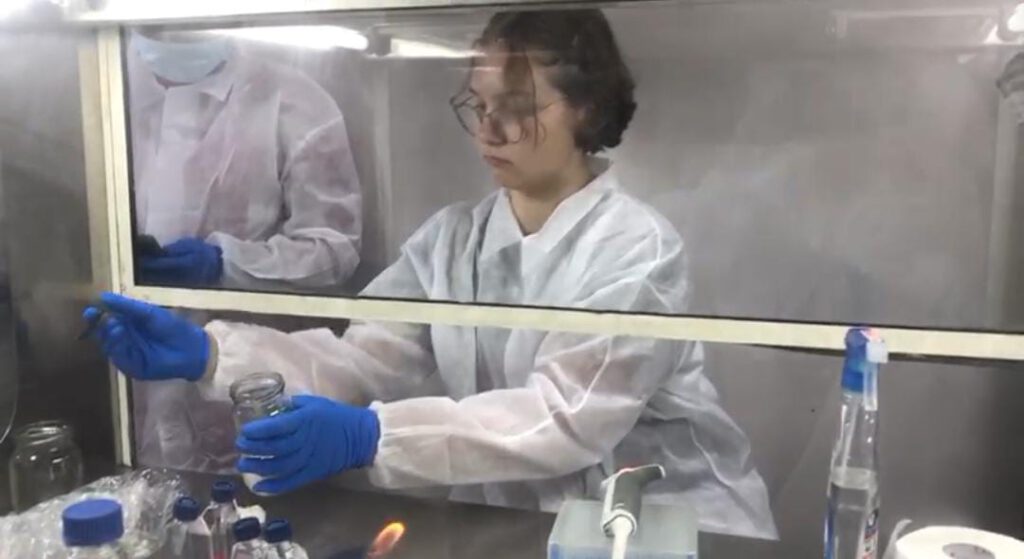
This intercultural laboratory work gave the students a practical insight into the world of biotechnological research and the different approaches of different countries.
